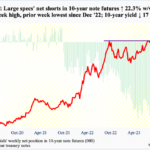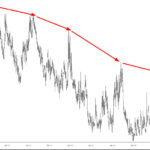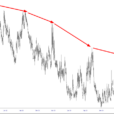
We’re going to tie something that we learned during 2009’s Thanksgiving to China’s trade war strategy with the U.S. in this article, but we first need to set the stage for that lesson by examining an alleged mistake that China’s leaders have made.
China’s leaders are facing unexpected and very rare criticism from the nation’s former top trade negotiator over their trade war strategy with the United States.
China’s former chief trade negotiator openly criticised Beijing’s trade war tactics on Sunday, singling out the decision to impose tariffs on soybeans as ill-thought out.
The comments by Long Yongtu, a former vice-minister with China’s foreign trade ministry who headed the talks that led to China’s entry to the World Trade Organisation, offered a rare glimpse into the country’s internal divisions about how to handle the dispute with the United States….
In particular, Long said it was unwise to impose import duties on soybeans in retaliation for US President Donald Trump’s decision to slap additional levies on Chinese imports.
“Agricultural products are very sensitive [in trade], and soybeans are very sensitive as well … We should have avoided targeting agricultural products because targeting agricultural products should be the last resort,” Long said. “But we have targeted agricultural products, or soybeans, right from the start.”
The agricultural states that produce the bulk of America’s soybeans make up Trump’s political heartland, but Long pointed out: “China is in dire need of soybean imports, so why did we pick out soybeans from the beginning? Is this deep thinking?”
The short answer is that it wasn’t. The political angle is the explanation, where China’s leaders hoped to influence the outcome of the 2018 mid-term elections in the U.S.’ farm states, with the Chinese regime counting on its sympathizers to make hay out of the economic harm they purposefully sought to inflict upon U.S. soybean growers. They employed a similar strategy to inflict economic harm on the U.S.’ crude oil producing states, although that effort failed to produce any damage.
















